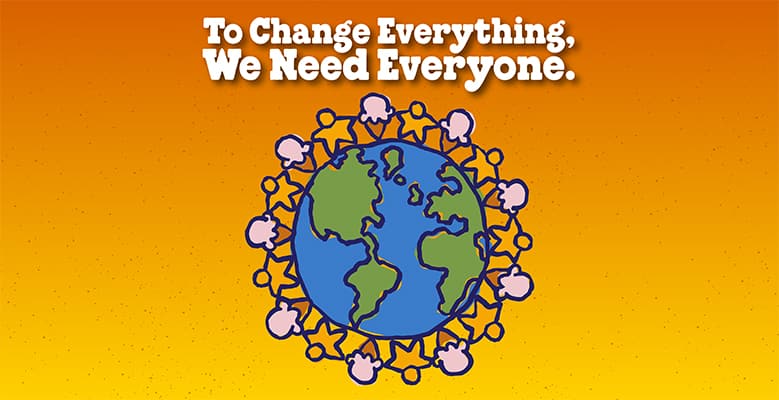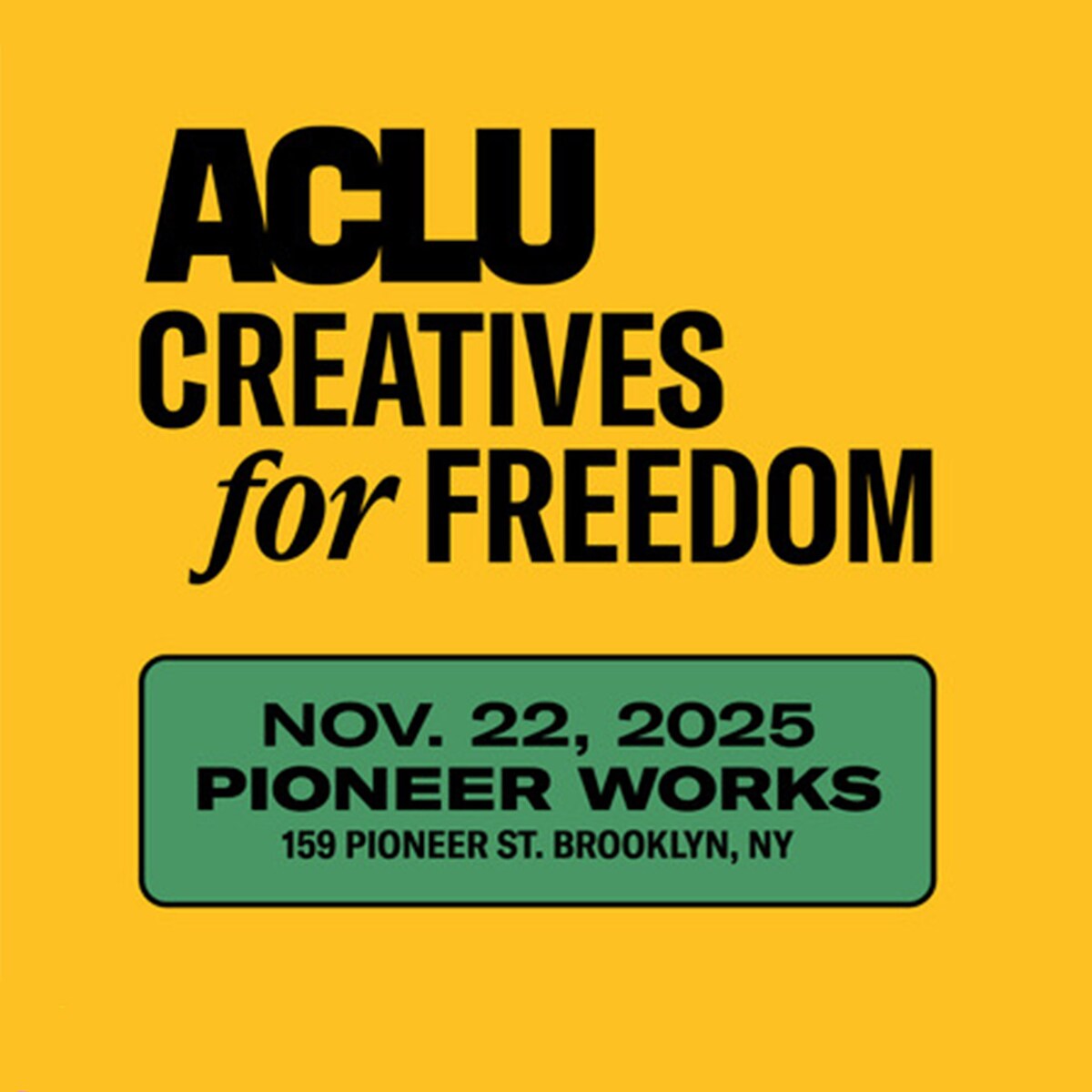September 8, 2015
If you’re tapped into the climate movement, you’ve heard about the urgent need to switch from the fossil fuels that have caused climate change to clean, renewable energy sources. Countries like Germany are already on their way to producing a majority of power from renewables, and President Obama has recently unveiled rules that are aimed to shift US power generation from fossil fuels to renewables.

Power generation counts for the lion’s share of carbon pollution, but the transformation can’t end there. A true accounting reveals that modern society’s interdependence with fossil fuels goes much, much deeper. Really solving for the future we want will mean rethinking everything, from where we grow our food to what we personally value. As Canadian author and thinker Margaret Atwood recently pointed out, “It’s not climate change— it’s everything change.”
Here’s what our relationship with oil means for our future, and the innovations that are already beginning to affect the way we do everything.
Oil, Oil, Everywhere
Energy has been a defining factor of human civilization since the discovery of fire— but in the beginning it was mostly harnessed through human or animal labor. Energy took on a whole new definition during the industrial revolution, when steam and coal energy-powered machines allowed us make huge advances in productivity. Oil— the most energy dense fuel yet— took our productivity literally to the moon, unlocking the modern era of advanced health care, spaceflight, urban development and so much more. Just compare our modern western civilization to a world where most people died around the age of 40, and had few to no material possessions. Oil ushered in economic and technological progress like the world had never seen before, but also led to a society that values growth, work and property over all else.
Now, oil is involved in nearly everything we buy and consume, from the plastics and composites in everyday products, to the medicines we take, to the buildings we live and work in, to the food we eat. They’re used to manufacture, fabricate, grow or transport pretty much anything we come into contact with. Whether it’s a pen, a car tire or a light bulb, fossil fuels are a direct ingredient in almost every modern product.
Fossil fuel-derived fertilizers were integral to the “green revolution,” the modernization of agriculture that boosted grain production by over 200%. Layer on our current fossil-fuel transportation and power system, and you get the picture: without oil we’d be back in the Age of Steam. What can we do to change things? It starts with looking at the way we do things in an oil economy, and flipping it upside down.
Cradle to Cradle, Not Cradle To Grave
Most of our modern society is built on the idea of limitless, disposable resources: a “cradle to grave” design philosophy. Luckily, before climate change became a mainstream issue, people were already concerned about the environmental impacts of modern manufacturing and agriculture, along with the threat of peak oil. Organic farming is a great example that aims to do without the massive fossil fuel inputs of modern, industrialized agriculture. In the past decade, organic farming has seen a huge leap in awareness and participation as people around the US shift their values toward local, fresh and whole foods.
On the product and manufacturing front, you’ve got cradle-to-cradle design. This form of thinking respects the material inputs used in manufacturing by producing products that aren’t disposed of, but rather “upcycled” for further use. Ecovative is an innovative example: they make product packaging out of mushroom fungus, which simply breaks down into organic nutrients after use. Bio-based polymers hold the promise of a future where we “grow” plastics, without fossil fuel inputs. Cradle-to-cradle thinking also proposes business models where we don’t “own” a product; we “rent” it, and then return it to the manufacturer who will take it apart into the essential ingredients for re-use. We’re already seeing this form of thinking pop up in whole other industries as the “sharing economy.” Air B&B anyone?
A Better Future From Past Mistakes
How we produce and consume energy has a major bearing on the state of civilization. The “energy ceilings” of past societies were so significant that when an era of society reached the limit of how much energy they could gather and use, it collapsed. Now, it’s being considered whether the Fossil Fuel Era has such a “ceiling,” and just how close we are to hitting it.
But let’s be honest— not every country and nation on earth has lurched into an over-consuming oil economy. The world could create a huge win by ushering developing nations straight into post-oil economies and societies, and sidestepping the carbon pollution that more developed countries have created. China is already feeling the weight of over-development, and is implementing solutions faster than the US. With over 40% of households still without electricity, India is the next frontier of urbanization and modernization: Will they sidestep the oil trap and jump ahead?
“Everything Change” Can Happen
Shifting the way we think about, value and produce everything may sound like a crazy notion. But, despite the riddle of needing to dump fossil fuels while simultaneously being dependent on them, even Margaret Atwood, the dystopian sci-fi author, holds out hope. She points out that despite having all the nuclear weapons we need to wipe out our species, we’ve kept ourselves safe so far. We solved the DDT crisis that threatened bird species in the 50s and 60s, and we curbed the chlorofluorocarbons that were carving a hole in the ozone layer.
Climate change is the doozy of a problem, and its ultimate solution is so much more complex than simply shifting the source of our electrical power. But, if we’re mindful of the consequences, and able to harness the intelligence and innovation that’s allowed us to go too far in the first place, why can’t we change everything?
Recent Articles
Join The Climate Movement
-
With a landmark climate action agreement in place including commitments from 196 countries to fight climate change, now is the time to keep the pressure on and ensure swift action. This climate agreement wouldn’t have happened without millions of people around the world taking action. And we won’t be able to meet the ambitious goals of the Paris Agreement without millions and millions more people taking action in support of a rapid transition to clean energy. Paris was just the beginning, not the end. Let’s get to work towards a greener, cleaner future. Add your voice to the millions demanding action and sign the petition today!


